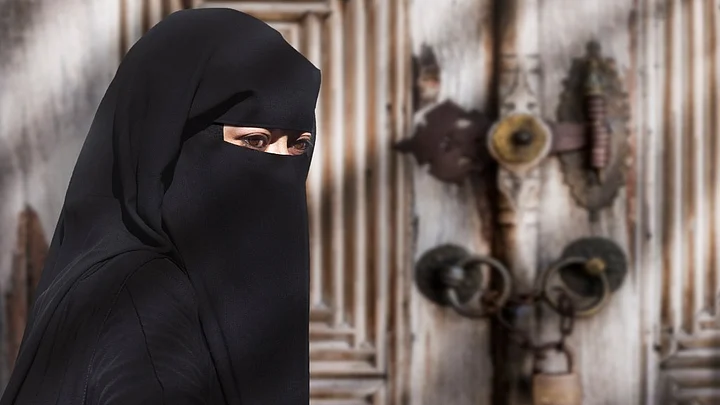China has imposed new restrictions in Xinjiang, a far western region in the country, as part of what it describes as “a campaign against Islamist extremism”.
China says it faces a serious threat from Islamist extremists in this region. Beijing accuses separatists among the Muslim Uighur ethnic minority there of stirring up tensions with the ethnic Han Chinese majority and plotting attacks elsewhere in China.
The BBC and CNN report that "abnormally" long beards, and the wearing of veils in public places are among the list of prohibited items.
Xinjiang is home to the indigenous minority Uighur community. The largely Muslim community believes itself to be linguistically, culturally and ethnically close to Central Asia says it has faced discrimination at the hands of China.
A historic trading post, Kashgar, an oasis city in Xinjiang, is also central to China's One Belt, One Road (OBOR) Initiative, President Xi Jinping's signature foreign and economic policy involving massive infrastructure spending linking China to Asia, the Middle East and beyond.
China's worst fears are that a large-scale attack would blight this year's diplomatic setpiece, an OBOR summit attended by world leaders planned for Beijing in May.
State media say the drills, and other measures such as a network of thousands of new street-corner police posts, are aimed making everyone feel safer. But many residents say the drills are just part of an oppressive security operation that has been ramped up in Kashgar and other cities in Xinjiang's Uighur heartland in recent months.
(With inputs from Reuters)
Join The Quint on WhatsApp. Type “JOIN” and send to 9910181818
(At The Quint, we question everything. Play an active role in shaping our journalism by becoming a member today.)
